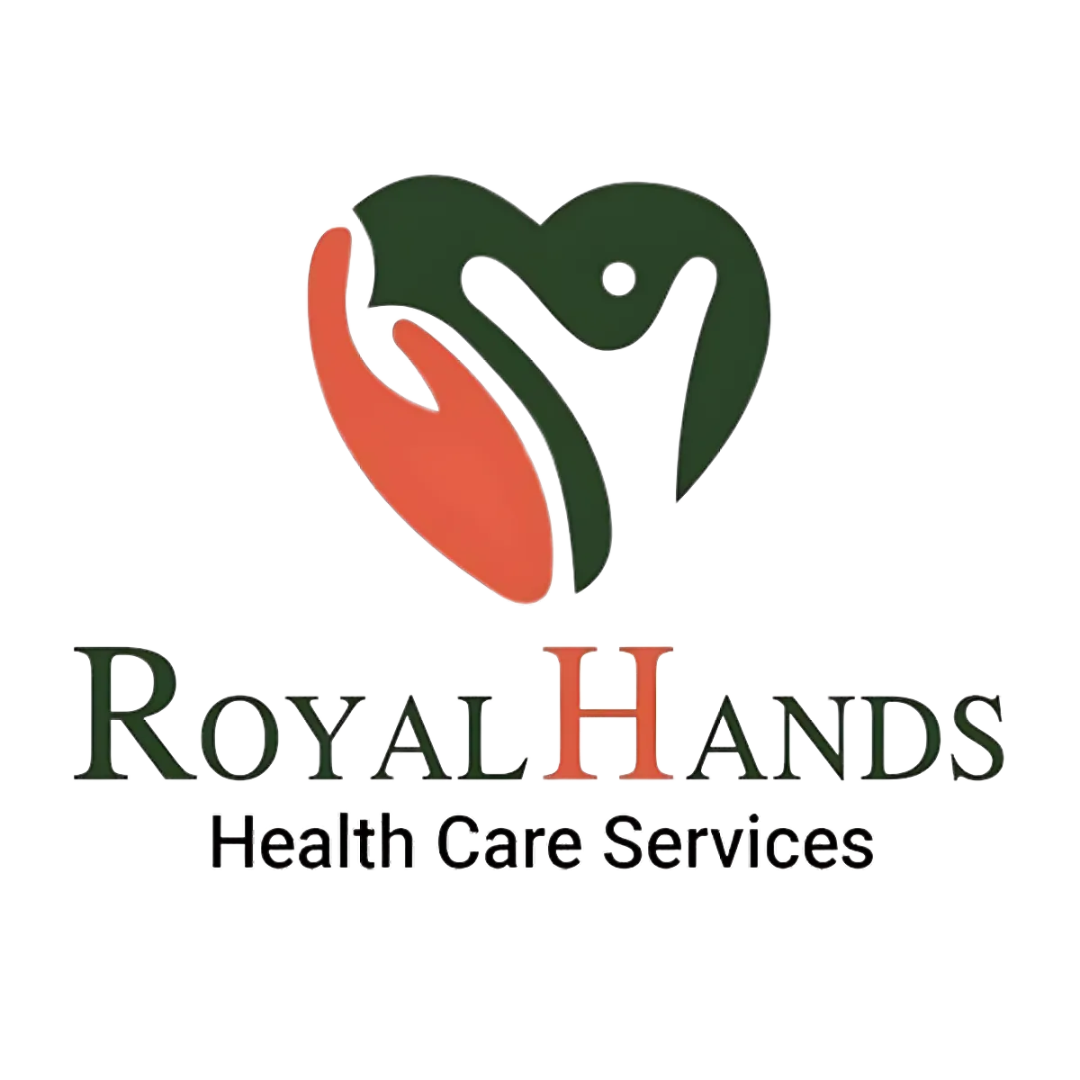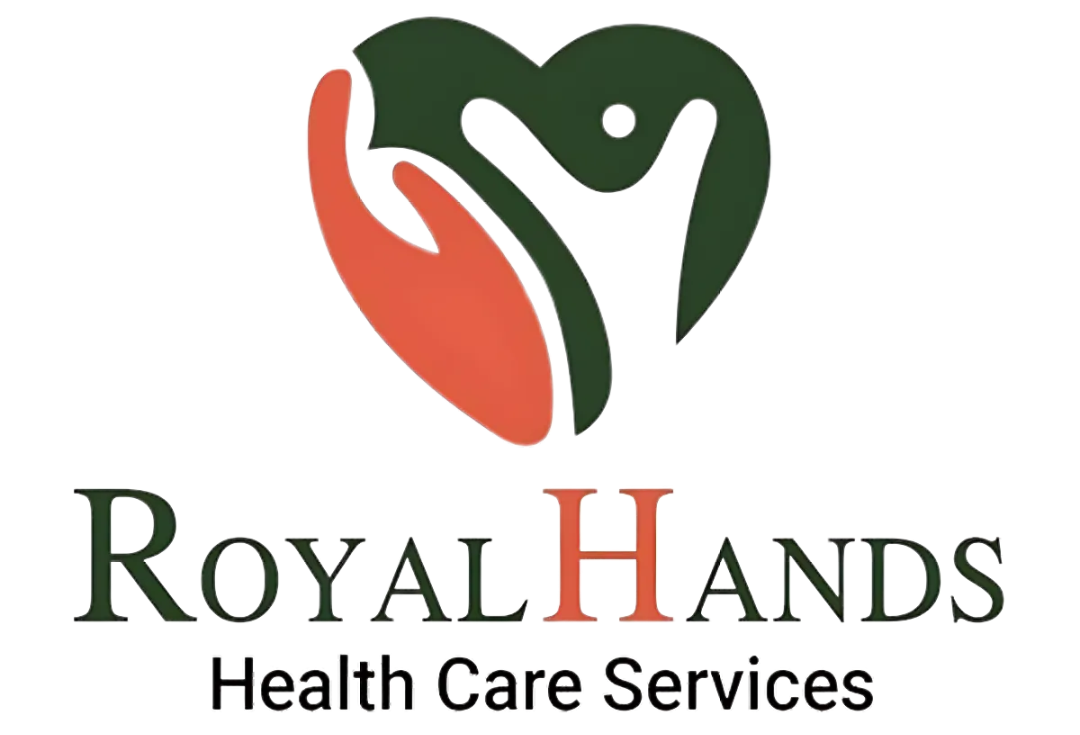Careers
Certified Nursing Assistant (CNA) Roles in Home Healthcare Services
1. Basic Medical Care:
- Monitor Vital Signs: CNAs are trained to take and record vital signs, such as blood pressure, heart rate, respiratory rate, and temperature.
- Assist with Medical Procedures: CNAs may assist with minor medical procedures like wound care, catheter care, and the application of dressings under the supervision of a nurse or doctor.
- Medication Assistance: While CNAs typically cannot administer medications unless specified by the state, they can assist with medication reminders, ensuring that clients take their prescribed medications on time.
- Manage Chronic Conditions: Help monitor and report changes in clients' conditions (e.g., signs of infection, changes in mobility, or mental status) to the nurse or physician.
2. Personal Care Assistance:
- Bathing and Grooming: Assist with bathing, showering, and grooming activities for clients who have difficulty performing these tasks on their own.
- Dressing and Toileting: Help clients with dressing and personal hygiene, including toileting or using incontinence products.
- Mobility Assistance: Aid in transferring clients between beds, chairs, and other areas, and assist with walking and exercise to improve mobility.
- Feeding and Meal Assistance: Help clients with eating or prepare meals for those who have difficulty with self-feeding.
3. Health Monitoring and Reporting:
- Documenting Health Data: CNAs are required to accurately document patient care, including vital signs, changes in condition, and any concerns about the client's health. This helps in tracking progress or identifying potential issues.
- Report to Healthcare Team: CNAs report any changes in the patient's condition (physical or mental) to the supervising nurse or healthcare provider, ensuring timely intervention.
4. Assist with Therapeutic Exercises:
- Physical Therapy Support: Assist with prescribed physical therapy exercises or help clients with mobility training as directed by a physical therapist or healthcare provider.
- Range of Motion Exercises: Help maintain or improve clients’ joint flexibility and overall muscle tone through gentle exercises as per the healthcare plan.
5. Emotional Support:
- Companionship and Comfort: CNAs provide emotional support by spending time with the client, offering companionship, and providing reassurance.
- Encourage Social Engagement: Assist clients in maintaining their independence and encourage activities that stimulate mental and emotional well-being (e.g., games, conversation, and hobbies).
6. Infection Control:
- Maintain a Clean Environment: CNAs ensure the client’s home is kept clean, safe, and sanitary by disinfecting surfaces and equipment.
- Follow Protocols: Adhere to infection control protocols, such as proper handwashing and using personal protective equipment (PPE) when necessary.
CERTIFIED NURSING ASSISTANT (CNA) REQUIREMENTS:
1. Education:
- Minimum: High school diploma or equivalent (GED) is required.
- Nursing Assistant Program: CNAs must complete a state-approved nursing assistant training program, which typically lasts between 4 to 12 weeks. The program includes both classroom instruction and hands-on clinical experience.
Topics covered usually include patient care, infection control, basic nursing skills, anatomy and physiology, and emergency procedures.
2. Certification and Licensing:
- Certification Exam: After completing a training program, CNAs must pass a certification exam, which typically includes both a written (or oral) test and a practical skills test. The exam is administered by the Nurse Aide Registry in the state where the CNA plans to work.
- State-Specific Requirements: Certification requirements vary by state, but most states maintain a registry of CNAs. You must be listed in this registry to work as a CNA.
- Renewal and Continuing Education: CNA certification must be renewed every 1 to 2 years, depending on the state. This often involves completing a set number of continuing education hours or working a certain number of hours in a healthcare setting.
3. Background Check:
- Criminal Background Check: A background check is required to ensure the safety and well-being of patients.
4. Skills & Abilities:
- Basic Nursing Skills: Ability to perform tasks such as taking vital signs, assisting with medical equipment, and basic wound care.
- Physical Stamina: CNAs often assist patients with mobility and other physical tasks, which can be physically demanding.
- Communication Skills: Effective communication is essential for interacting with patients, families, and healthcare teams.
- Attention to Detail: Being able to accurately record patient data, monitor changes in conditions, and follow care plans.
Personal Care Assistant (PCA) Requirements:
1. Education:
- Minimum: High school diploma or equivalent (e.g., GED) is generally required.
2. Certification (Optional):
- No national certification is required for PCAs.
3. Background Check:
- Criminal Background Check: A criminal background check is required, especially since PCAs work closely with vulnerable populations, including the elderly or individuals with disabilities.
4. Skills & Abilities:
- Physical Stamina and Mobility: Being able to assist clients with moving, transferring, and walking is crucial.
- Communication Skills: Ability to communicate effectively with clients, families, and supervisors.
- Compassion and Patience: A key quality is the ability to provide emotional support and maintain a positive and caring attitude.
- Basic Housekeeping Skills: Knowledge of light cleaning, meal prep, and other housekeeping duties.
PERSONAL CARE ASSISTANT (PCA) ROLES IN HOME HEALTHCARE SERVICES:
1. Personal Care Assistance (Non-Medical):
- Daily Activities: Assist clients with activities of daily living (ADLs) like bathing, grooming, dressing, and toileting.
- Mobility Assistance: Help clients move around their homes, assist with walking, and transfer from one position to another (e.g., from bed to wheelchair).
- Feeding Assistance: Help clients with eating and drinking, especially those who have difficulty feeding themselves.
2. Household and Homemaking Duties:
- Light Housekeeping: PCAs assist with maintaining a clean living environment by performing light cleaning tasks like dusting, vacuuming, washing dishes, and making beds.
- Laundry: Assist with washing, folding, and putting away laundry for clients who are unable to do it themselves.
- Meal Preparation: Prepare and serve meals according to the client's dietary preferences or restrictions. This could also involve grocery shopping and kitchen organization.
3. Companionship and Emotional Support:
- Social Interaction: Provide companionship to clients by engaging in conversation, participating in hobbies, or watching television together.
- Mental and Emotional Support: Offer comfort, empathy, and emotional support, especially for clients who may feel isolated or anxious.
4. Medication Reminders (Non-Medical):
- Medication Prompting: Remind clients to take their prescribed medications on time, but typically do not administer medications unless authorized or trained to do so.
- Monitor Changes in Behavior or Health: While not medically trained, PCAs are often the first to notice any changes in the client’s behavior or well-being and report these observations to the healthcare team.
5. Transport and Errands:
- Accompany to Appointments: Provide transportation to medical appointments, social events, or errands, helping clients get in and out of vehicles and navigating around.
- Shopping Assistance: Help clients with grocery shopping, picking up prescriptions, or running other errands as needed.
6. Promote Independence:
- Encourage Self-Care: Empower clients to do as much as they can for themselves, supporting their independence while providing assistance when needed.
- Support in Social and Recreational Activities: Help clients engage in activities that foster social interaction or physical activity, like reading, going for walks, or engaging in hobbies.
Certified Nursing Assistant (CNA) Roles in Home Healthcare Services
1. Basic Medical Care:
- Monitor Vital Signs: CNAs are trained to take and record vital signs, such as blood pressure, heart rate, respiratory rate, and temperature.
- Assist with Medical Procedures: CNAs may assist with minor medical procedures like wound care, catheter care, and the application of dressings under the supervision of a nurse or doctor.
- Medication Assistance: While CNAs typically cannot administer medications unless specified by the state, they can assist with medication reminders, ensuring that clients take their prescribed medications on time.
- Manage Chronic Conditions: Help monitor and report changes in clients' conditions (e.g., signs of infection, changes in mobility, or mental status) to the nurse or physician.
2. Personal Care Assistance:
- Bathing and Grooming: Assist with bathing, showering, and grooming activities for clients who have difficulty performing these tasks on their own.
- Dressing and Toileting: Help clients with dressing and personal hygiene, including toileting or using incontinence products.
- Mobility Assistance: Aid in transferring clients between beds, chairs, and other areas, and assist with walking and exercise to improve mobility.
- Feeding and Meal Assistance: Help clients with eating or prepare meals for those who have difficulty with self-feeding.
3. Health Monitoring and Reporting:
- Documenting Health Data: CNAs are required to accurately document patient care, including vital signs, changes in condition, and any concerns about the client's health. This helps in tracking progress or identifying potential issues.
- Report to Healthcare Team: CNAs report any changes in the patient's condition (physical or mental) to the supervising nurse or healthcare provider, ensuring timely intervention.
4. Assist with Therapeutic Exercises:
- Physical Therapy Support: Assist with prescribed physical therapy exercises or help clients with mobility training as directed by a physical therapist or healthcare provider.
- Range of Motion Exercises: Help maintain or improve clients’ joint flexibility and overall muscle tone through gentle exercises as per the healthcare plan.
5. Emotional Support:
- Companionship and Comfort: CNAs provide emotional support by spending time with the client, offering companionship, and providing reassurance.
- Encourage Social Engagement: Assist clients in maintaining their independence and encourage activities that stimulate mental and emotional well-being (e.g., games, conversation, and hobbies).
6. Infection Control:
- Maintain a Clean Environment: CNAs ensure the client’s home is kept clean, safe, and sanitary by disinfecting surfaces and equipment.
- Follow Protocols: Adhere to infection control protocols, such as proper handwashing and using personal protective equipment (PPE) when necessary.
CERTIFIED NURSING ASSISTANT (CNA) REQUIREMENTS:
1. Education:
- Minimum: High school diploma or equivalent (GED) is required.
- Nursing Assistant Program: CNAs must complete a state-approved nursing assistant training program, which typically lasts between 4 to 12 weeks. The program includes both classroom instruction and hands-on clinical experience.
Topics covered usually include patient care, infection control, basic nursing skills, anatomy and physiology, and emergency procedures.
2. Certification and Licensing:
- Certification Exam: After completing a training program, CNAs must pass a certification exam, which typically includes both a written (or oral) test and a practical skills test. The exam is administered by the Nurse Aide Registry in the state where the CNA plans to work.
- State-Specific Requirements: Certification requirements vary by state, but most states maintain a registry of CNAs. You must be listed in this registry to work as a CNA.
- Renewal and Continuing Education: CNA certification must be renewed every 1 to 2 years, depending on the state. This often involves completing a set number of continuing education hours or working a certain number of hours in a healthcare setting.
3. Background Check:
- Criminal Background Check: A background check is required to ensure the safety and well-being of patients.
4. Skills & Abilities:
- Basic Nursing Skills: Ability to perform tasks such as taking vital signs, assisting with medical equipment, and basic wound care.
- Physical Stamina: CNAs often assist patients with mobility and other physical tasks, which can be physically demanding.
- Communication Skills: Effective communication is essential for interacting with patients, families, and healthcare teams.
- Attention to Detail: Being able to accurately record patient data, monitor changes in conditions, and follow care plans.
Personal Care Assistant (PCA) Requirements:
1. Education:
- Minimum: High school diploma or equivalent (e.g., GED) is generally required.
2. Certification (Optional):
- No national certification is required for PCAs.
3. Background Check:
- Criminal Background Check: A criminal background check is required, especially since PCAs work closely with vulnerable populations, including the elderly or individuals with disabilities.
4. Skills & Abilities:
- Physical Stamina and Mobility: Being able to assist clients with moving, transferring, and walking is crucial.
- Communication Skills: Ability to communicate effectively with clients, families, and supervisors.
- Compassion and Patience: A key quality is the ability to provide emotional support and maintain a positive and caring attitude.
- Basic Housekeeping Skills: Knowledge of light cleaning, meal prep, and other housekeeping duties.
PERSONAL CARE ASSISTANT (PCA) ROLES IN HOME HEALTHCARE SERVICES:
1. Personal Care Assistance (Non-Medical):
- Daily Activities: Assist clients with activities of daily living (ADLs) like bathing, grooming, dressing, and toileting.
- Mobility Assistance: Help clients move around their homes, assist with walking, and transfer from one position to another (e.g., from bed to wheelchair).
- Feeding Assistance: Help clients with eating and drinking, especially those who have difficulty feeding themselves.
2. Household and Homemaking Duties:
- Light Housekeeping: PCAs assist with maintaining a clean living environment by performing light cleaning tasks like dusting, vacuuming, washing dishes, and making beds.
- Laundry: Assist with washing, folding, and putting away laundry for clients who are unable to do it themselves.
- Meal Preparation: Prepare and serve meals according to the client's dietary preferences or restrictions. This could also involve grocery shopping and kitchen organization.
3. Companionship and Emotional Support:
- Social Interaction: Provide companionship to clients by engaging in conversation, participating in hobbies, or watching television together.
- Mental and Emotional Support: Offer comfort, empathy, and emotional support, especially for clients who may feel isolated or anxious.
4. Medication Reminders (Non-Medical):
- Medication Prompting: Remind clients to take their prescribed medications on time, but typically do not administer medications unless authorized or trained to do so.
- Monitor Changes in Behavior or Health: While not medically trained, PCAs are often the first to notice any changes in the client’s behavior or well-being and report these observations to the healthcare team.
5. Transport and Errands:
- Accompany to Appointments: Provide transportation to medical appointments, social events, or errands, helping clients get in and out of vehicles and navigating around.
- Shopping Assistance: Help clients with grocery shopping, picking up prescriptions, or running other errands as needed.
6. Promote Independence:
- Encourage Self-Care: Empower clients to do as much as they can for themselves, supporting their independence while providing assistance when needed.
- Support in Social and Recreational Activities: Help clients engage in activities that foster social interaction or physical activity, like reading, going for walks, or engaging in hobbies.


